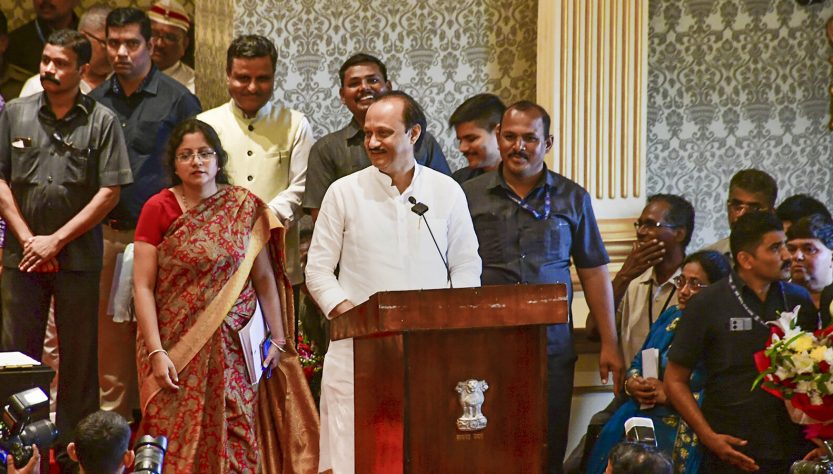Credit card cos make extra (Rs 6000 Crores) bucks Mumbai:
You always knew your credit card company was charging you an exorbitant rate of interest for the convenient mode of payment it offers. But were you ever tempted to figure out how much “extra’’ these companies have made from people like you in, say, the last ten years? Well, don’t rack your brains. For the Credit Cardholder’s Association of India has worked out some chilling numbers for you. According to the association, these companies have made at least Rs 6,000 crore extra from credit cardholders in India in a span of ten years, through “hidden charges’’ such as overdraft fee, late fee, cash advance fee among others.
“We have studied the interest income and non-interest income columns in the balance sheet of many banks for a period of ten years. We have found that non-interest income is 10-15% of the gross income in the case of national and private sector bank in the country. When we studied foreign banks, we have found that the non-interest income forms 50-60% of the gross income for them.’’ Says CV Giddappa, general secretary of the association. “The figure is highly suspicious. We think these banks have made this extra money by keeping various charges hidden from the customers at the time of joining,’’ he added.
The association is planning to call for a general body meeting on May 28 in
Foreign banks, however, refused to join the issue. “We don’t have details to comment on the issue. Anyway, it is too general for us to comment,’’ said an official at a foreign bank. Another foreign bank official refuted the claim that Indian pay the highest rate in the world. “It is well known fact that countries like
According to financial experts, interest rates on credit card is always highest because of the possibility of default on them. “If you get into the habit of rolling on a credit card, you may in all possibility would fall into a debt trap. In fact, in theory, you could go on paying forever if you opt to pay only the minimum amount due every month,’’ said a financial advisor. Check the fineprint before applying for a credit card
Mumbai: Recently, a 49-yearold Mumbai consumer reached her bank ATM to find that her account balance of Rs 42,440 was reduced to a mere 0.94 paise. When she contacted the bank’s 24-hour customer care number, she was told that the amount had been adjusted against her credit card outstanding. “This has really shocked me as there has been
no intimation whatsoever from the credit card department to this effect,’’ she says.
In order to avoid a shocker of this sort, the next time you get a credit card offer from your bank, you must must go through the fineprint minutely before signing up. Such offers could carry a “right of setoff ’’ clause, which allows banks to set off outstanding credit from any of the cardholder’s accounts held, singly or jointly, with the bank—without any notice.
The Mumbai consumer, too, remained unaware about the clause because, she says, “when you apply for a card, you just sign on the form, you don’t really read it.’’ Her grouse is that the clause could have been invoked in case she were absconding. “But the recovery agents were constantly in touch with me and I had informed them of my intentions to pay up.’’
Says H N Sinor, chief executive at the Indian Banks’ Association (IBA), “Banks do not immediately invoke such a clause. Bankers prefer that you do not pay the first time so that interest accrues. A two- threemonth delay in payment is considered good business for a bank. Only after three-four reminders, do banks trigger such a clause.’’
According to Sinor, if a bank plans to invoke such a clause, it does not require to send across a specific notice to a customer, as “the mandate is already obtained upfront’’.
A senior banking consultant, though, deems this a malpractice. “Banks must send one or two notices to a customer to give him an opportunity to pay up, as he may have kept the money aside for other purposes.’’ Like, the Mumbai consumer who needed the sum to pay her medical bills. “If at all an amount is to be adjusted, it could have been only the immediate due amount and not the entire outstanding amount,’’ she says, as the bank was charging her interest, late payment fees and service charges on the dues.
This case brings to light the lack, and thus, importance of transparency and clarity in bank dealings. As per the IBA’s Fair Practice Code for Credit Card Operations, “Our banks’ dues collection policy is built on courtesy, fair treatment and persuasion. We believe in fostering customer confidence and long-term relationship... We will provide you with all the information regarding dues and will give sufficient notice for payment of dues. Our staff/ agents are governed by Model Code for Collection of Dues and Repossession of Security issued by Indian Banks’ Association.’’
If a consumer faces trouble with his card issuer, Reserve Bank of
“There should be a system of acknowledging customers complaints for follow-up, such as complaint number/ docket number, even if the complaints are received on phone,’’ the circular says.


No comments:
Post a Comment